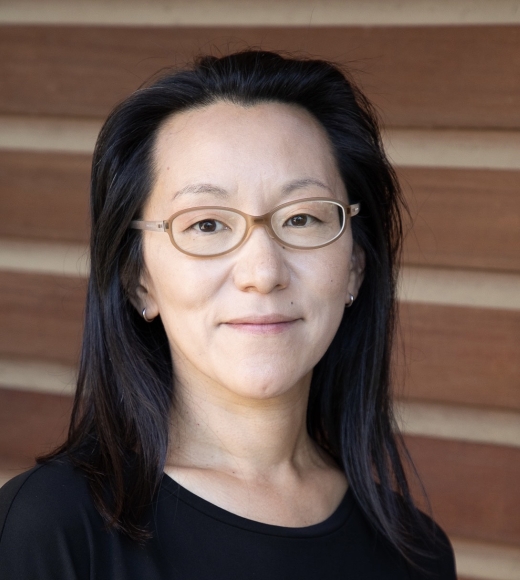Join us on Thursday, December 7 at 12pm for a talk by Elizabeth Joh, the Martin Luther King Jr. Professor of Law at UC Davis. Professor Joh’s talk, “Police Technology Experiments,” is presented by the Computational Research for Equity in the Legal System Training Program (CRELS) and co-sponsored by Social Science Matrix, the Berkeley Institute for Data Science (BIDS), and the Center for the Study of Law and Society (CSLS).
Abstract
Police Technology Experiments
To be a modern local police force means embracing new surveillance technologies that promise to amass the ever-enlarging universe of data around us and to produce actionable inferences about it. Whether described as using algorithms, artificial intelligence, or automated decision-making, all of these surveillance technologies involve some degree of computational analysis of data that creates new forms of knowledge and permits new types of policing. The usual way we discuss the use of these technologies, however, is limiting. Not only is it limiting, but it also obscures the human costs that are an inevitable consequence.
We should reconsider how we approach these new policing tools. This article makes one straightforward claim: algorithmic surveillance tools piloted by the police function as technology experiments on communities. These police technologies are experiments in the sense that they pose potential harms on those subject to the technology in the service of a theoretical but typically unproven benefit: more effective policing. With this framework, two observations follow. First, the model of technological experimentalism provides a more nuanced and comprehensive framework for understanding the use of algorithmic surveillance tools in policing. Second, experimentalism foregrounds both ethical considerations and group harms that are ill-suited to traditional legal analysis.
About the Speaker
Professor Elizabeth Joh is the Martin Luther King Jr. Professor of Law at UC Davis. She is a leading expert on policing, privacy, and technology. She served as a member of the U.C. Presidential Working Group on Artificial Intelligence (2020-21), and is an elected member of the American Law Institute, a Faculty Advisory Board member of the UC Berkeley CITRIS Policy Lab, and an appointed member of the National Academies of Sciences, Engineering, and Medicine study committee on Facial Recognition: Current Capabilities, Future Prospects, and Governance. She has spoken on policing and technology issues to audiences including the Justices of the Washington Supreme Court, the Judicial Research Training Institute of the Supreme Court of Korea, and the House of Lords Justice and Home Affairs Committee (U.K.).
Professor Joh’s scholarship has appeared in leading law reviews including the Northwestern University Law Review, the California Law Review and the Stanford Law Review. Her writing for general audiences has appeared in the New York Times, the Los Angeles Times, Slate, Politico, and the New York Review of Books. She is the co-host of What Roman Mars Can Learn About Con Law, a popular podcast about constitutional law and current events.
View Map